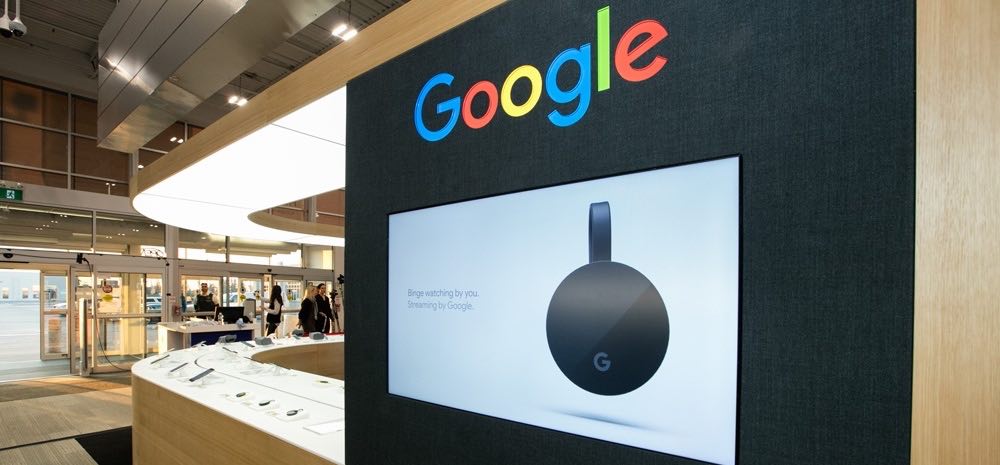27,000 Google Employees Will Permanently Work From Home; Hybrid Work Model For Rest 1 Lakh Staff

The work from home policy for Google employees will soon undergo some modifications. The CEO of Google, Sundar Pichai, in an email to his employees has stated that 20 per cent of the staff will now be working from home on a permanent basis.
Is google inclining towards a hybrid working policy? Read on to find out!
Google To Introduce A Hybrid Working Week, 20% Staff To Work From Home Permanently
In the email penned by Sundar Pichai, it has been clarified that 20 per cent of the staff of Google will be working from their homes permanently. Whereas, another 20 per cent will be shifting to new offices.
The remaining 60 per cent of the Google employees will be working from their current location.
He also stated that the company will soon move to a hybrid working week with three days in the office.
The mail states, “We’ll move to a hybrid work week where most Googlers spend approximately three days in the office and two days wherever they work best. There will also be roles that may need to be on site more than three days a week due to the nature of the work.”
Employees Can Work From Anywhere For Four Weeks Per Year
Google will also offer four weeks per year in which the employees can work from anywhere as long as they have an approval of the manager. This initiative is to offer more flexibility to everyone around summer and holiday travel.
As per Pichai, “The future of work is flexibility.” The new changes will reportedly help employees increase their productivity.
Recently, we reported to you that Google has saved $268 million in Q1 2021 from this work from home policy that was implemented to reduce the further spreading of the COVID-19 pandemic. The yearly figure takes this number to over $1 billion.
Savings were made on advertisements, promotional costs, and travel and entertainment spending. Further savings were made on campaigns along with a shift to virtual formats for events.
Significantly travel and entertainment costs decreased by $371 million last year.

Comments are closed, but trackbacks and pingbacks are open.